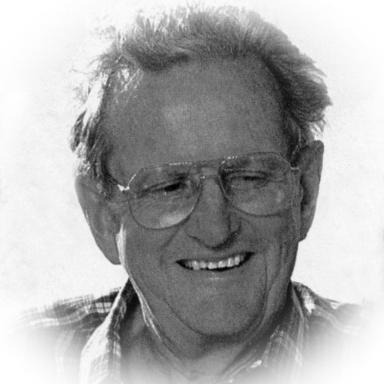|
REFINE
Browse All : Images of Twin Falls (Idaho) and Ketchum (Idaho)
1-2 of 2
Title
An interview with John Breckenridge
Creator
Breckenridge, John :1916-1996.
Description
This oral history records important historical aspects of the central Idaho sheep industry. The Breckenridge family owned land in Twin Falls, ID, and in the Stanley Basin area of the Sawtooth National Forest and were well known in the sheep business. John discusses his memories of Ketchum in the 20s; sheep grazing in the Stanley Basin in the 30s; trucking sheep and lambs; the railroad; marketinge of lambs in Ogden, UT, or Denver; the development of "country buying" for which lambs were sold near the sheep ranch and then trucked to market by the buyer rather than shipped to market by the seller; entry into the ewe and lamb raising business; grazing regulations on public lands (US Forest Service and Bureau of Land Management); problems encountered in grazing both cattle and sheep on public lands; winter and summer sheep grazing locations in Idaho; discussion of types of wool and breeds; market niche of purchasing feeder lambs; decision to sell the ewe-lamb raising business; sheep industry life as a male dominated one; John's vision of the future of sheep raising; role of predators (especially coyotes) on the profitability of the sheep business; principle of "multiple use" of public lands; influence of environmental and recreational advocates on public land use policy; the development of Forest Service specialists; environmental degradation from overgrazing in the Wood River Valley, ID; the affect of trucking on land use and land degradation; and problems of sheep industry in the late 70s.
Identifier
OH 0007 BRE
Title
An interview with John Breckenridge
Creator
Breckenridge, John :1916-1996.
Description
This oral history records important historical aspects of the central Idaho sheep industry. The Breckenridge family owned land in Twin Falls, ID, and in the Stanley Basin area of the Sawtooth National Forest and were well known in the sheep business. John discusses his memories of Ketchum in the 20s; sheep grazing in the Stanley Basin in the 30s; trucking sheep and lambs; the railroad; marketinge of lambs in Ogden, UT, or Denver; the development of "country buying" for which lambs were sold near the sheep ranch and then trucked to market by the buyer rather than shipped to market by the seller; entry into the ewe and lamb raising business; grazing regulations on public lands (US Forest Service and Bureau of Land Management); problems encountered in grazing both cattle and sheep on public lands; winter and summer sheep grazing locations in Idaho; discussion of types of wool and breeds; market niche of purchasing feeder lambs; decision to sell the ewe-lamb raising business; sheep industry life as a male dominated one; John's vision of the future of sheep raising; role of predators (especially coyotes) on the profitability of the sheep business; principle of "multiple use" of public lands; influence of environmental and recreational advocates on public land use policy; the development of Forest Service specialists; environmental degradation from overgrazing in the Wood River Valley, ID; the affect of trucking on land use and land degradation; and problems of sheep industry in the late 70s.
Identifier
OH 0007 BRE
1-2 of 2
|
